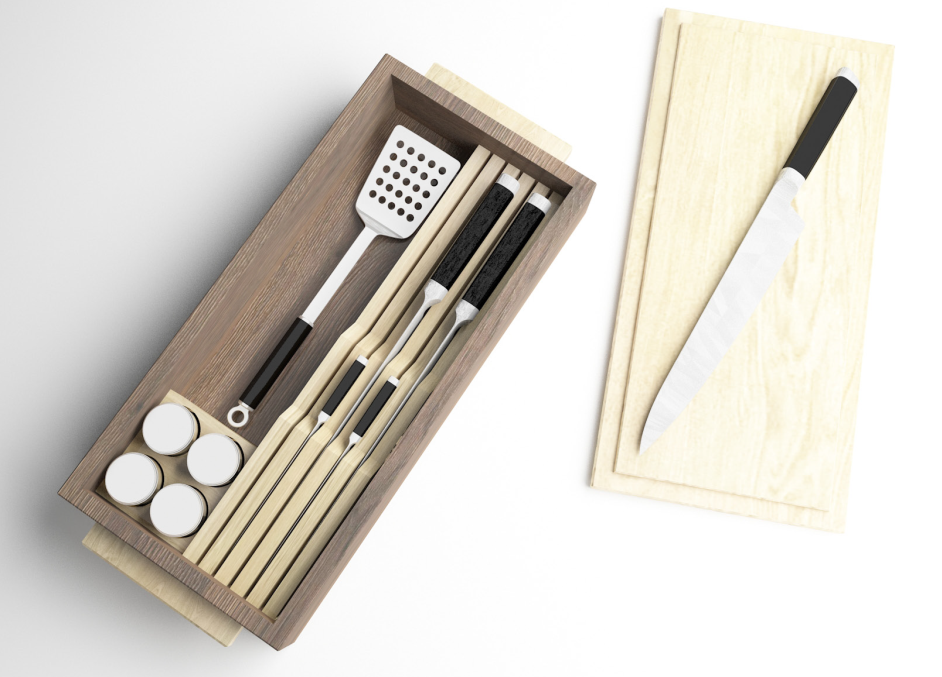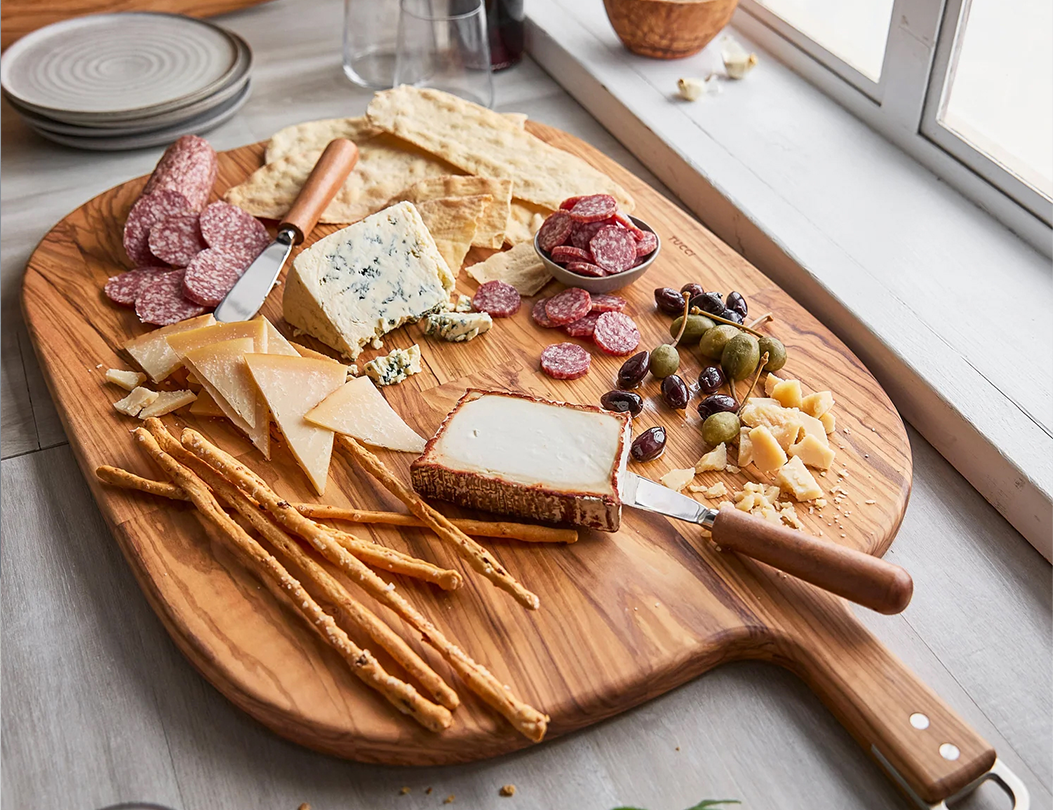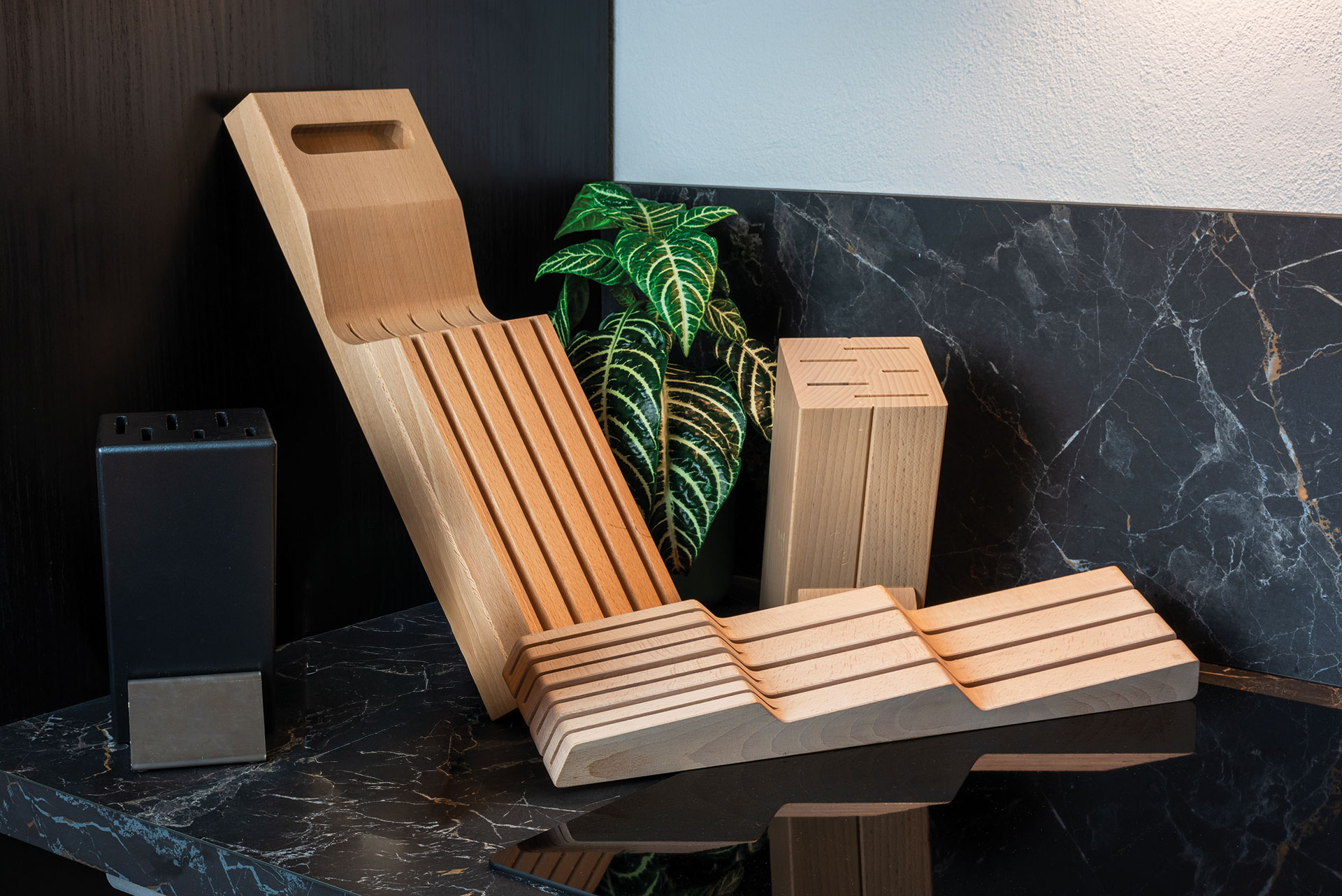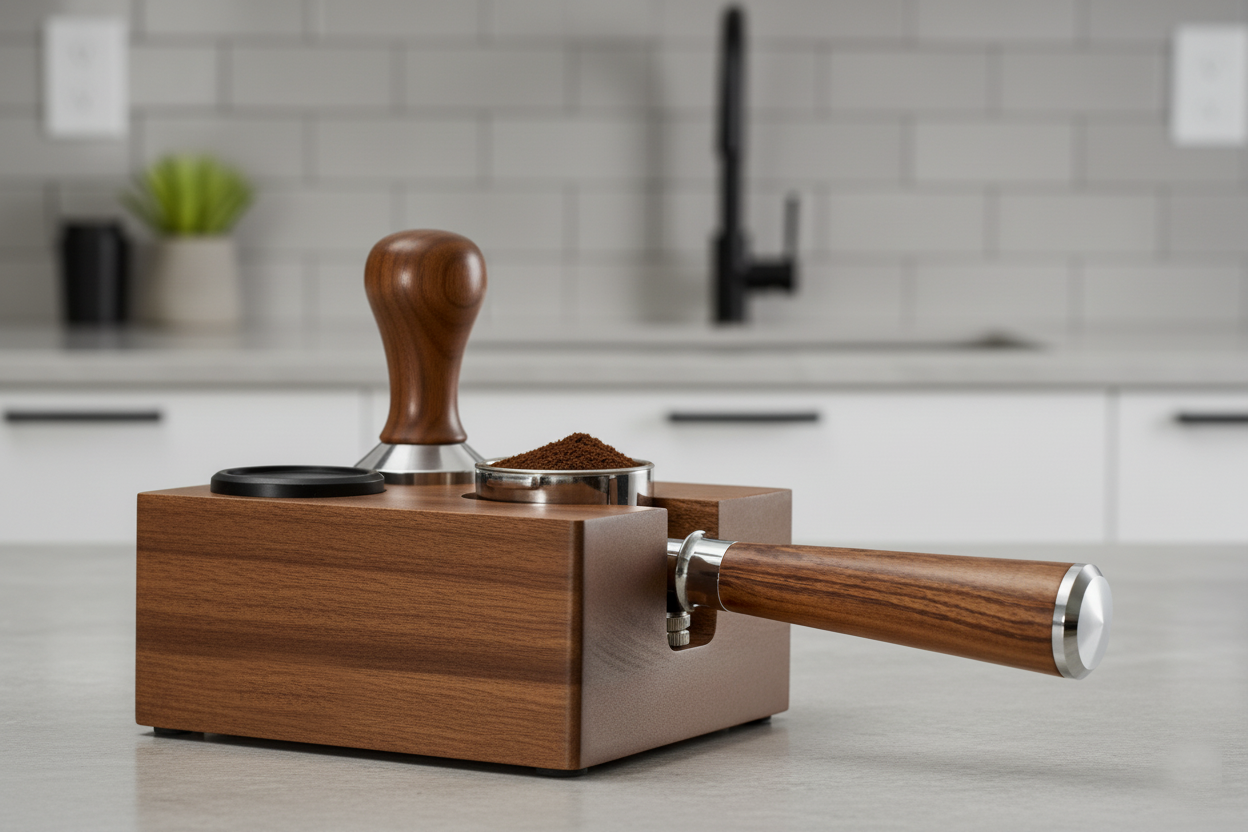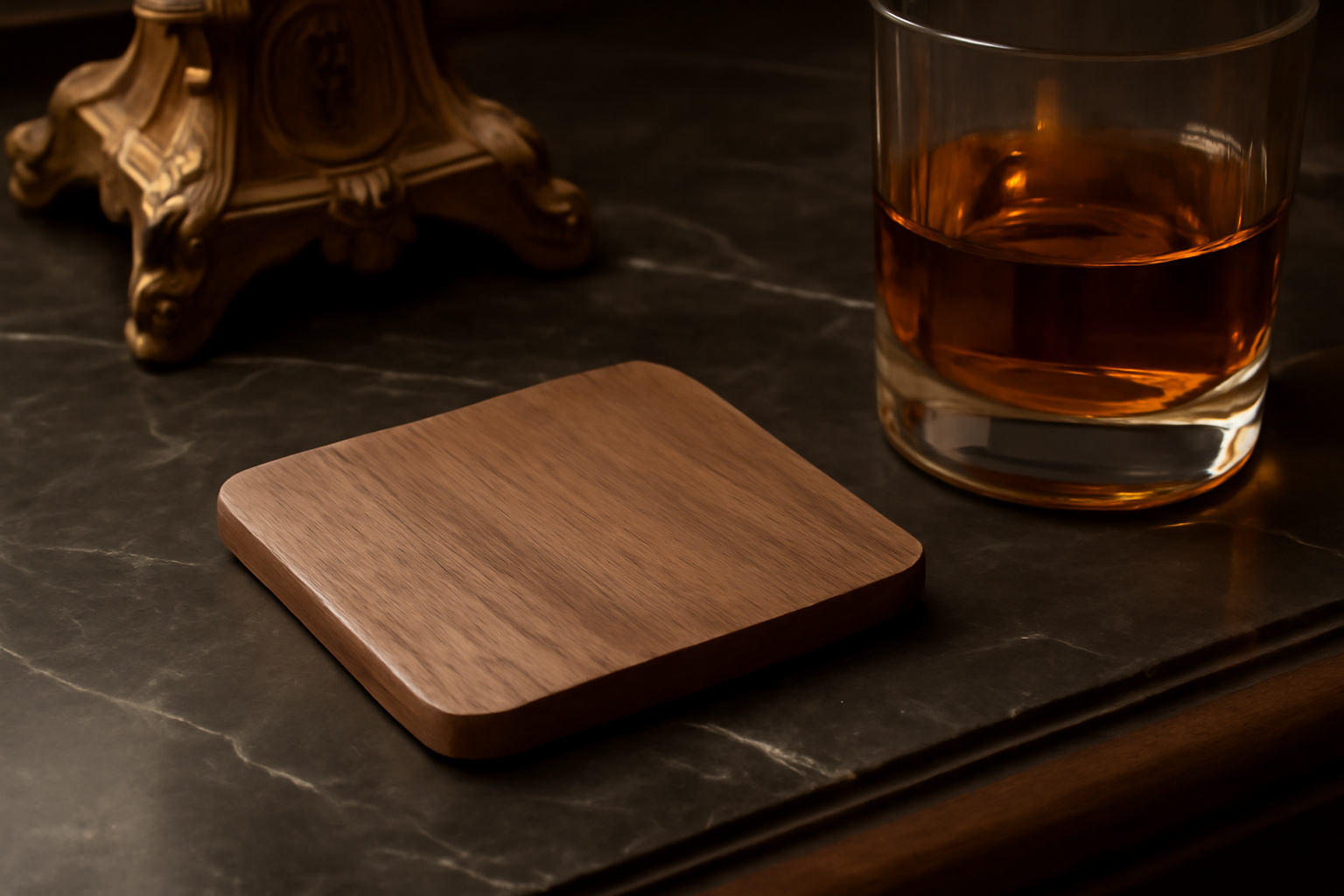Wooden utensils have long been trusted companions in professional and domestic kitchens alike. Appreciated for their warmth, tactile quality and timeless design, they raise an essential question: are wood utensils safe for food contact?
Are wood utensils safe? What brands should know about regulations
Topics: sustainability, knife handle material, wood manufacturing
Wood vs. plastic cutting boards: the pros and cons
When it comes to kitchen design and food preparation, even the simplest objects deserve careful consideration, especially those that come into direct contact with food. The choice between wooden and plastic chopping boards is not just a matter of personal preference, but also affects hygiene, durability, sustainability and the overall user experience.
Topics: sustainability, knife handle material, wood manufacturing
Edge grain vs end grain cutting boards: which one should you choose?
One of the most debated aspects when choosing a wooden chopping board is the orientation of the grain. Edge grain and end grain boards differ significantly in terms of their structure, resistance to cuts and effect on knife edges.
Topics: sustainability, knife handle material, wood manufacturing
What clear coat is food safe for wooden kitchen components?
In kitchen design, every material tells a story and when wood comes into contact with food, its finish plays a key role in that narrative. If you're designing a knife handle, a serving tray, or a decorative fridge shelf, the surface must meet strict food-contact regulations while preserving the natural beauty and feel of the wood.
Topics: sustainability, knife handle material, wood manufacturing
The benefits of FSC wood chopping boards for eco-conscious kitchen brands
Our approach to kitchenware is evolving. Materials are now chosen for their impact on health, the planet and everyday life, as well as for their appearance and practicality. One of the most discussed examples is the plastic cutting board. Research has shown that, during food preparation, tiny fragments of plastic can detach from their surface and end up in our food. Once ingested, these microplastics accumulate in the human body and have already been found in blood, tissues and even the brain.
Topics: sustainability, knife handle material, wood manufacturing
Knife storage ideas: how to protect and display your blades
When designing a kitchenware collection, storage is never an afterthought. The way a knife is stored is important because it affects how safe it is to handle, how easy it is to access and how the whole product is perceived.
Topics: sustainability, knife handle material, wood manufacturing
How to upgrade your coffee corner with a wooden tamper holder
Nowhere in the world is coffee just coffee. From the morning espresso that marks the start of the day in Milan, to the meticulously brewed pour-over in Tokyo, preparing coffee has become an opportunity for focus, precision and enjoyment. Like every ritual, its quality is defined not only by the ingredients used, but also by the tools employed to create the experience.
Topics: sustainability, knife handle material, wood manufacturing
Wooden coaster manufacturers: how to choose the right partner
Topics: sustainability, knife handle material, wood manufacturing
A complete guide to FSC® Certified Wood
Every high-quality wooden product starts with a decision about materials. While design defines form and function, it’s the raw material, its origin and its intrinsic value that determine a product's true quality.
Topics: sustainability, knife handle material, wood manufacturing
Everything you need to know about wooden home decor for your brand
Topics: sustainability, knife handle material, wood manufacturing
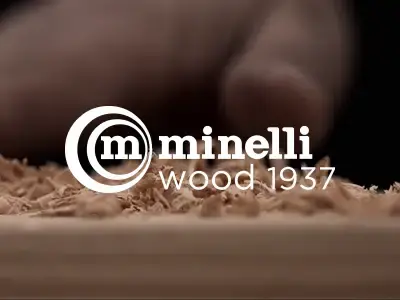




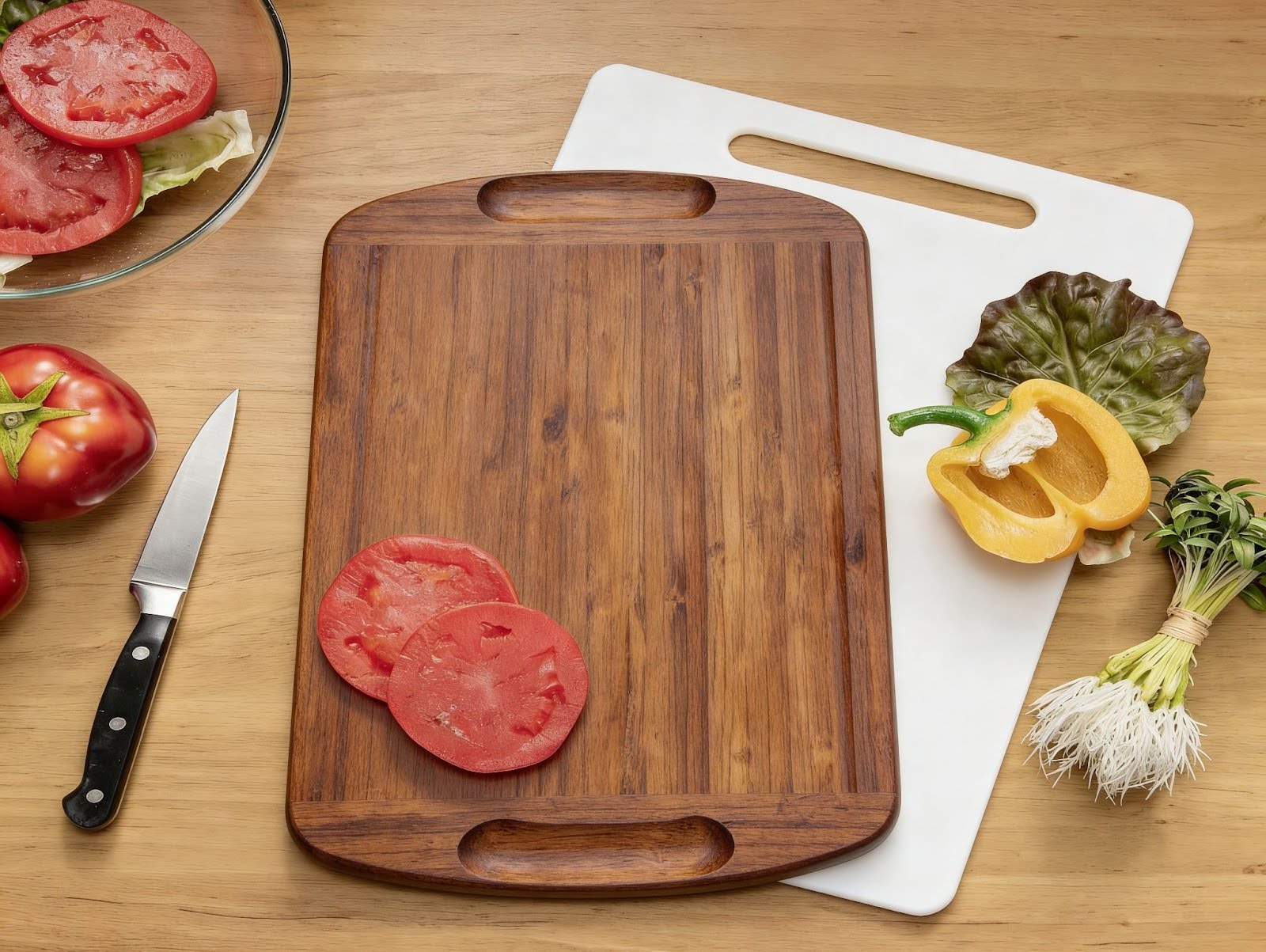
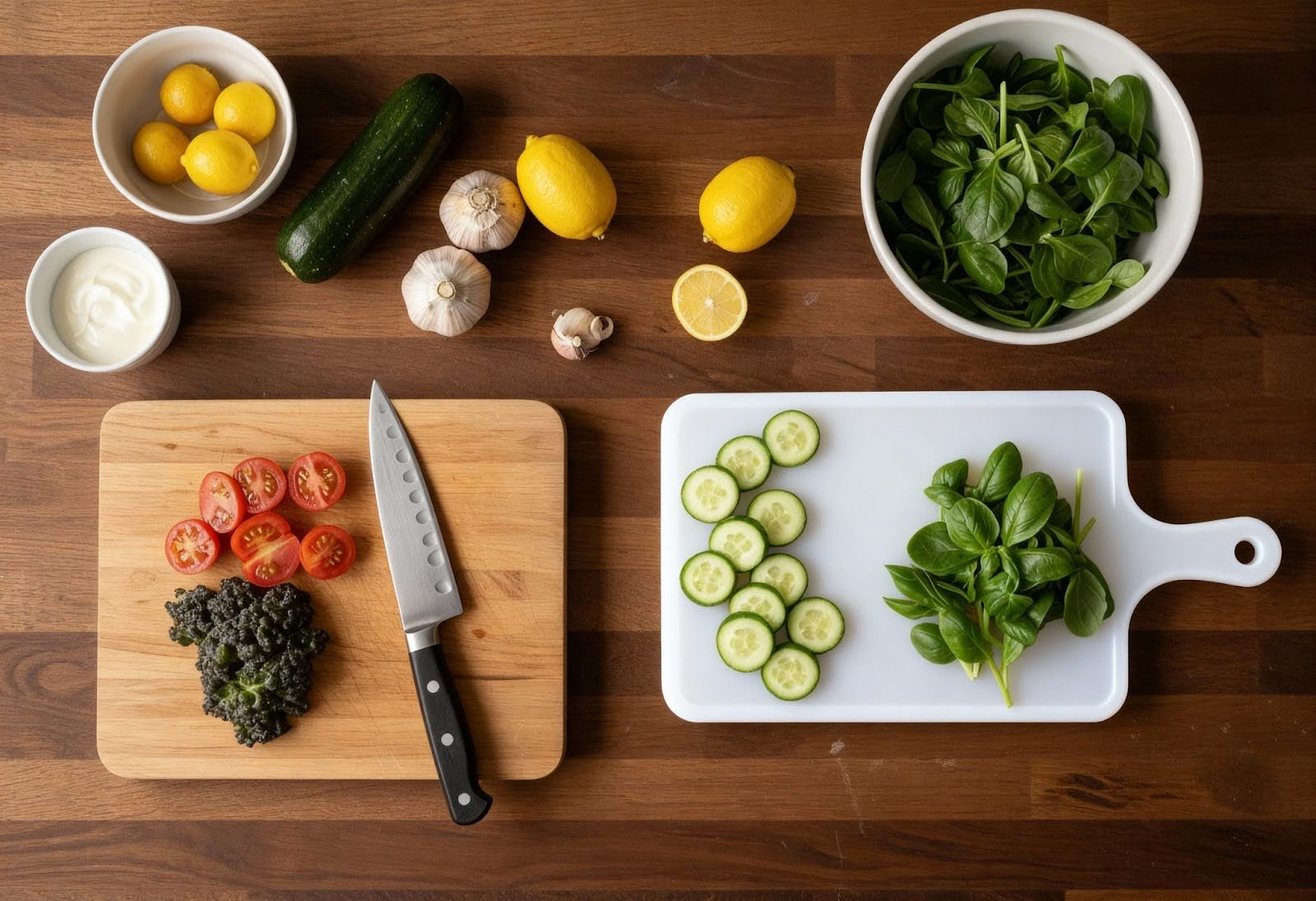
.jpeg)
